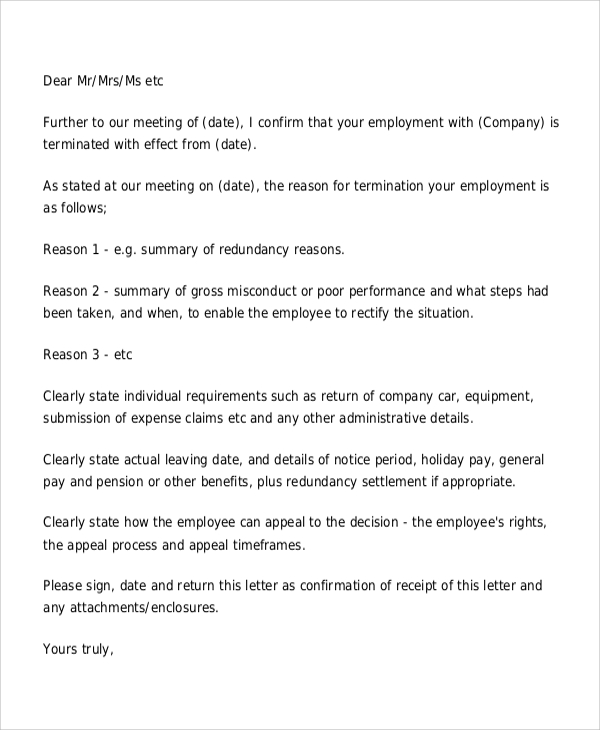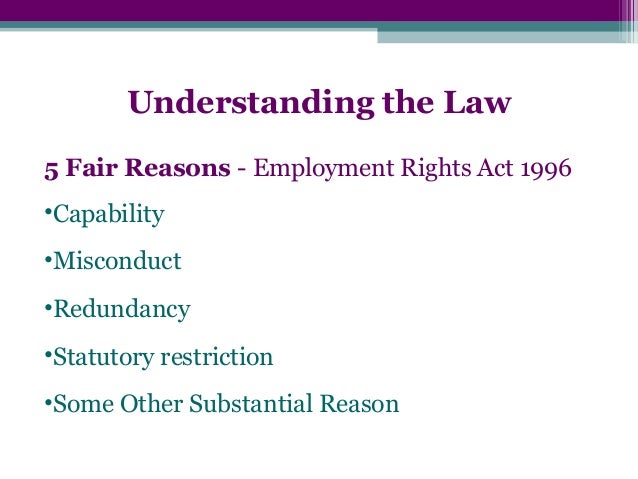
In a case in which an Employment Tribunal makes an award of compensation it has the power to increase compensation by up to 25% if it finds that there has been a failure to comply with the requirements of any relevant ACAS Code of Practice on the part of the employer. It may also decrease compensation by the same percentage amount if it finds an unreasonable failure to comply with a relevant Code by an employee. The power is set out under s.207A of the Trade Union and Labour Relations (Consolidation) Act 1992.
For the purposes of a claim for unfair dismissal the relevant Code is the ACAS Code of Practice on Disciplinary and Grievance Procedures 2009 (“the ACAS Code”). This Code came into effect on 06 April 2009. The provisions of s.207A effectively replaced the discredited statutory dispute resolution procedures which provided for an uplift to awards for non-compliance with the procedures.
There has been some confusion as to the circumstances in which the ACAS Code will apply, particularly in relation to dismissals. The Code specifically states that it does not apply to redundancies and the expiry and non-renewal of a fixed term contract. It further states that it applies to “disciplinary and grievance situations” and that “disciplinary situations” include “misconduct and/or poor performance”. What is not clear is the extent to which the Code will apply, if at all, to dismissals which are not “disciplinary situations”.
The Employment Appeal Tribunal in Holmes v Qinetiq Limited UKEAT/0206/15/BA has now provided some authoritative guidance on the issue. Holmes concerned a security guard who was dismissed by reason of capability, as his health meant that he was no longer capable of doing the job of security guard. The Employment Tribunal found that he had been unfairly dismissed but declined to award an uplift to the compensation awarded under s.207A. Its reasons for so doing were:
6.5 Third Capability Hearing: Dismissal or Other Sanction If your performance has not improved by the date of expiry of the review period set out in a final written warning, or if there is evidence. Capability dismissal refers to an employer terminating an employment contract on the basis of poor performance where they have a reasonable belief that the employee is unable to carry out the duties required of them to the expected standards.
- The ACAS Code does not apply to internal procedures operated by an employer concerning an employee’s alleged incapability to do a job arising from levels of sickness absence. The Code is limited to internal procedures relating to culpable misconduct or culpable poor performance;
- The concept of incapability in s.98(2)(a) of the Employment Rights Act 1996 encompasses poor performance and medical capability, and only the former involves an element of culpability;
- The presence or absence of culpability was central to an earlier decision of the EAT, Lund v St Edmunds School Canterbury UKEAT/0514/12 and to the question of whether the Code applies;
- Disciplinary procedures had not been invoked in Holmes because the reason the Claimant was unable to perform the role of security guard was because of illness and there was no suggestion of culpability in relation to his conduct or performance. As such the ACAS Code did not apply.

The employee appealed, arguing that the definitions in the Code were not exhaustive and that “disciplinary situations” were not limited to those involving misconduct and poor performance. As such it could not have been the intention of Parliament to exclude dismissals for capability or ill health from the effect of the Code. It was submitted that as ill health dismissals had clearly been covered by the statutory dispute resolution procedures there was no policy reasons for them to be excluded under the Code. The President of the EAT, the Honourable Mrs Justice Simler DBE, disagreed, holding that “disciplinary situation” should be given its ordinary English meaning as being a situation where breaches of rules or codes of behaviour or discipline were corrected or punished. The key point was culpability. The ACAS Code, and hence the provisions of s.207, applied to all situations where the employee’s acts or omissions involve culpable conduct or performance on his part that requires correction or punishment.
Acas Capability Dismissal Rules
Although it now appears clear that the ACAS Code will not apply to “ill health” dismissals there is still a lack of clarity on the question of whether the ACAS Code will apply where dismissal is for some other substantial reason. Lund suggests that where the disciplinary code is invoked by the employer, but the dismissal is for SOSR, the Code will apply. It appears from Lund, Holmes, and the decision of the EAT in Bethnal Green & Shoreditch Education Trust v Dippenaar UKEAT/0064/15 that it is the view taken by the employer which is key. If the employer views the matter as involving culpable conduct on the part of the employee then it will be expected to comply with the ACAS Code.